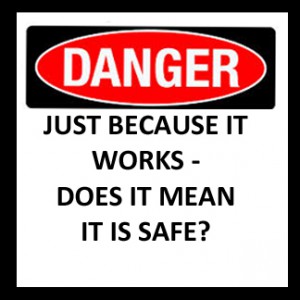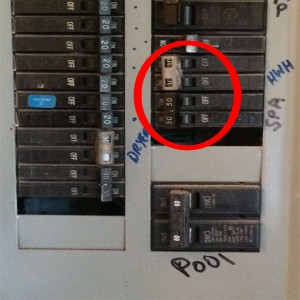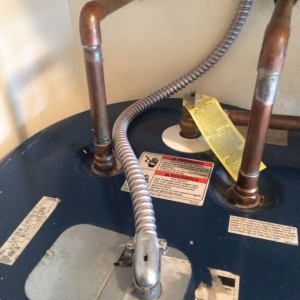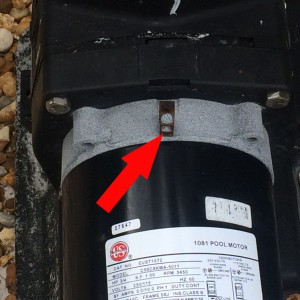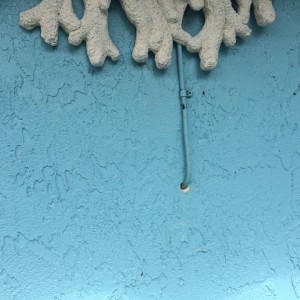Home Repairs: The Time To Contact A Home Remodeling Contractor is BEFORE You Purchase a Home
PUTTING THINGS OFF NOT WHAT IT IS CRACKED UP TO BE
Home inspectors should have home remodeling and construction experience.
“I FOUND MY DREAM HOME AND IT’S IN GREAT CONDITION…”
Those were the words of a potential client. The client contacted me because she and her husband wanted to make some modifications to their dream home before they moved in. But…
I FOUND MOLD AND OTHER PROBLEMS
This morning, I met the couple at their “dream home.” They were excited because their “inspector” found nothing wrong with the home.
To their surprise, I pointed out the leaks under the windows, the mold growing around the air conditioning vents, and many other things that the inspector never told them about. Without having superman vision, or the ability to remove drywall legally (they couple had not closed on this home yet), I couldn’t tell them whether the leak was from the windows being installed improperly (which the inspector never told them), from the roof, or from how the second story was attached to the first story.
THE COUPLE DID ALMOST EVERYTHING RIGHT
Although the couple did their due diligence and hired a home inspector, not all home inspectors are created equal.
In Florida, home inspectors must be licensed. Anyone who passes a 120 hour course that teaches you how to inspect a home and then passes a National Home Inspector Exam and pays the associated fees can be a home inspector. There are no requirements for field work, construction experience, or remodeling experience.
SAVED BY CONTACTING A HOME REMODELING CONTRACTOR
Fortunately, the couple asked me to come out to discuss their remodeling project and now have a better picture of the condition of their home. As a State Certified Building Contractor I am licensed to also inspect homes. Having construction and home remodeling experience makes me look at a home with a different eye.
The couple is now contacting mold companies to inspect the home before they complete their purchase. It may not be their dream home after all.
HOME INSPECTIONS FAIL TO DO THEIR JOB ACROSS THE COUNTY
Coincidentally, this article “WHEN A DREAM HOUSE BECOMES A MONEY PIT” came across my news feed today. This New York Times article details the worst nightmare for a couple who purchased their “dream home” and discovered their inspector failed to find and/or tell them about problems with their home.
THE BEST ADVICE
The article’s closing paragraph said to best:
Were the Hickses to offer advice to home buyers, Mr. Hicks said, “you should forge and manage your own relationship with your inspector,” and make clear you want to hear the bad news. In houses that have undergone extensive renovation, he urges that buyers ensure all the necessary permits were obtained. “I don’t know how I’ll ever buy a house again,” Ms. Hicks said. “I can’t imagine trusting anyone.”
QUESTIONS?
If you have questions about the a home you are purchasing, the design process for building a home, or a project you are considering, contact your local design-build contractor, Leading Edge Homes. Inc.
For all of your new home, home remodeling and inspection needs, contact your local certified “roomologist”, Leading Edge Homes. Inc. at 561-795-2551.
Want to see some of our work? Visit our website or view our online book.
Todd Perry, a State of Florida Certified Building Contractor and president of Leading Edge Homes, Inc., provided this information.
If you have questions about a home improvement project, call Leading Edge Homes at 561-795-2551 or email Todd at: todd@leadingedgehomes.com and he’ll be happy to share his knowledge with you.



